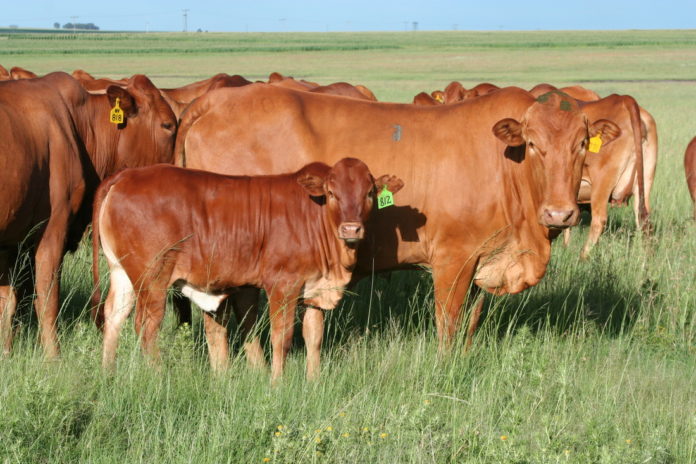A Zimbabwean animal production specialist has challenged farmers in rural areas to engage in the use of information and communication technologies (ICT) to improve the quality and numbers of their livestock.
James Kabinda said domestic animal producers need information on livestock diseases, nutrition, treatment and control of diseases, breeding techniques and markets for their products.
“This information needs may be grouped into: agricultural inputs; extension education; agricultural technology, agricultural credit; and marketing,” he said.
“All this information has to be made available, accessed and used by the livestock producers in order to increase productivity and hence improve their livelihoods.
“It is, therefore, necessary to improve farmers’ access to such information at any given time. One promising area to do agricultural extension to reach a large number of farmers is using ICTs.”
Added Kabinda: “Development of the livestock sector, therefore, could contribute to reducing poverty level substantially. The main objective is the promotion of a market-driven livestock sector able to support the income levels of the poor livestock producers.”
He said the extension worker-to-farmer ratio in Africa was low making it difficult for smallholder livestock producers to access the much needed technical extension especially during critical times.
Kabinda also said many farmers had criticised the unavailability of extension staff in their locality for consultation or advice.
Therefore, he said ICT-based agricultural extension brings incredible opportunities and has the potential of enabling the empowerment of farming communities.
“With the availability of ICTs, the scheme for an increasing number of extension staff may no longer be exclusively valid. Moreover, the use of ICT to improve information flow and to connect people within rural areas has proved that illiteracy of farming communities may no longer be an excuse to negate some form of extension system.”
However, Kabinda said embracing ICT by livestock was a welcome development, it also came with its own challenges, including technological dependence, high cost of on-going access and support, lack of available telecommunication infrastructure in many rural and remote areas, and lack of involvement of all stakeholders in planning.
“The diffusion of ICTs in the agricultural sector provides the necessary digital opportunities for productivity increase, income generation, decrease in regional disparity, and improving market linkages.
“However, ICTs alone cannot uplift the livelihoods of rural communities, there is need for rightful integration of differing value chain factors which include policies, technology and market opportunities.”









